Wine Tasting at the WSET London Wine and Spirits School
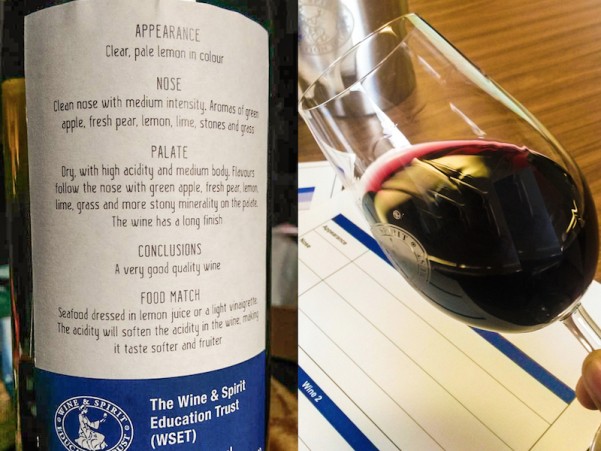
The WSET course is a government recognised accreditation which can, and does, go on to produce industry recognised sommeliers, as well as educating individuals who merely wish to learn more about wines for their private lives. This tasting session was presided over by the very knowledgeable and experienced Jim Gore, who led us on a bacchanalian journey on how to taste wines.
We sampled five wines, first up was a Chianti which we tried at slightly chilled, room temp and a bit warmer. Though unusual for a red wine, this is an interesting means of understanding that the old wine adages we are generally taught need not be held on to if one understands what suits them. Next we were fortunate enough to try a Barolo, generally a fairly expensive bottle, rich in tannins: this essentially describes the dry texture a wine may leave around the mouth after drinking. We sampled this in three separate glasses to emphasise how the level to which a wine is oxygenated can affect the taste. It explains why many wines will have different shaped glasses to bring out their best qualities. We sped through a smoky Chilean Merlot, a peppery South African Sauvignon Blanc and a French Chablis, also known as the unfairly maligned Chardonnay.
For food pairing, the emphasis was on the difference in our individual tastes. We were given a piece of PGC paper, once used for DNA testing by matching taste buds. For some tasters, there was no discernible flavour to the paper strips at all. I experienced an intense bitterness that suggests that my palette is very sensitive to bitterness, though this should not hinder me from becoming a sommelier, should I desire. We were given six core flavours: sweet, umami (the base of the MSG protein), salty, acidic, oily and spicy. We sipped a recommended wine, then tasted a specified flavour or combination and discussed how these affected the wine. To me, the salty flavour softened the bold Barolo and the acidity made the Sauvignon even more palatable, whilst dulling its flavour completely for others.
This is a well-rounded session that brings about a logic to wine tasting. It does not demand that wine be expensive to taste good, rather that any wine served in the right glass, at the right temperature, and with the right food can bring out the complexities of any bottle of wine. It is about making the drinker consider what they are drinking and how they are drinking it.
Yassine Senghor
The London School of Wine and Spirits has 150 centres across the UK and teaches courses in 18 languages with 60,000 candidates a year in the UK, rivalled only by its output in China. It runs wine tasting classes starting at £30 (by 2 tickets and get the second place half price) . They also do more advanced government accredited wine courses up to diploma level, starting at £145.

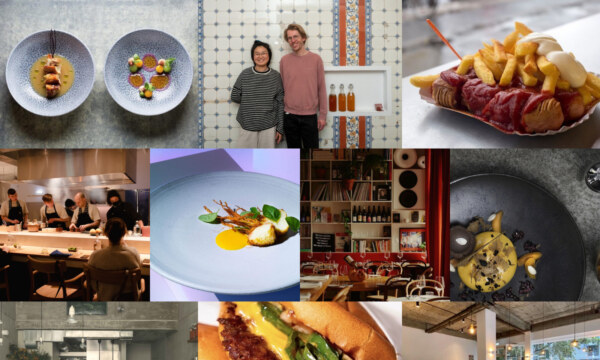
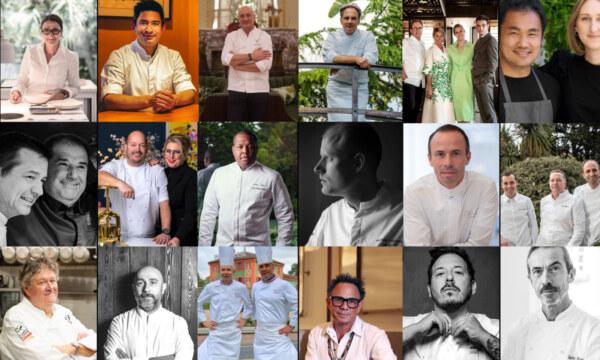
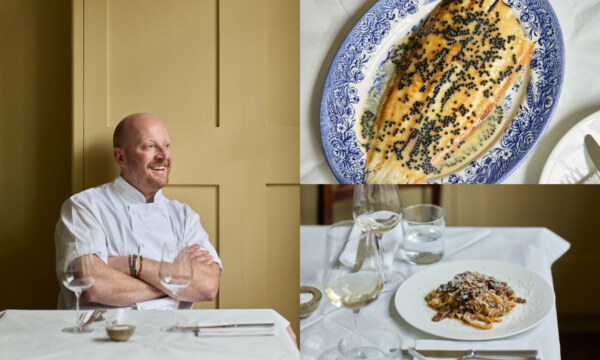
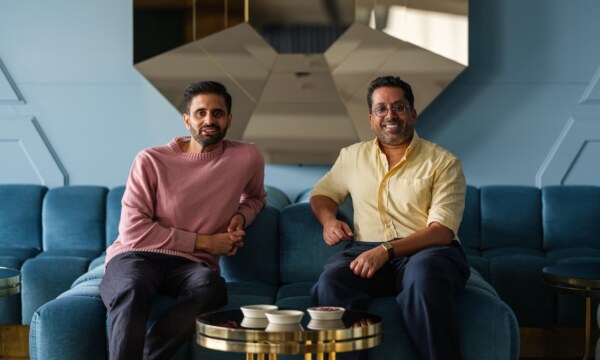

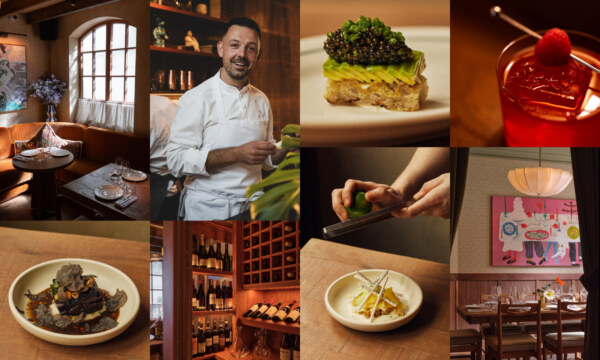
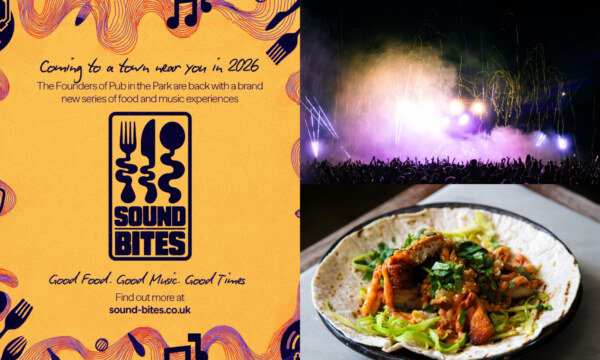
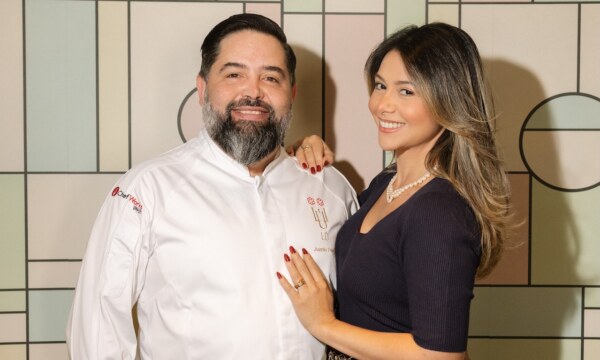
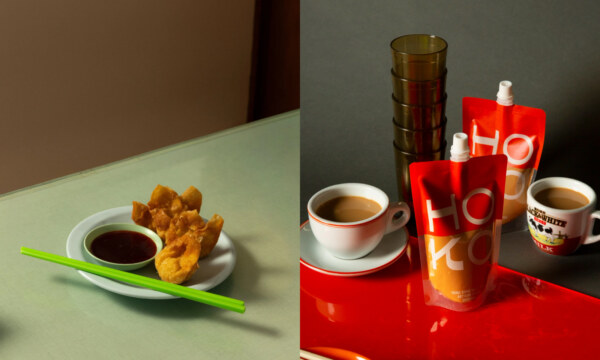
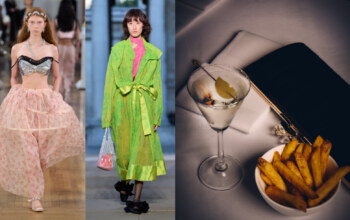

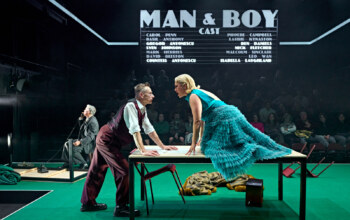


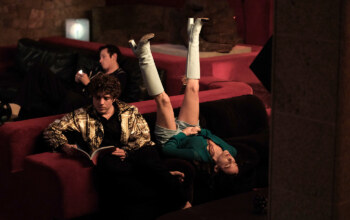

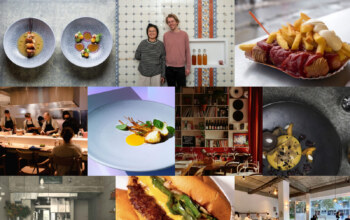
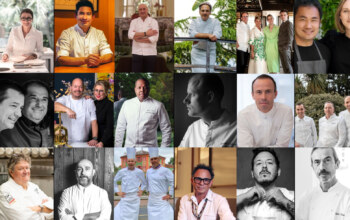
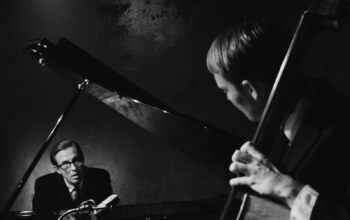


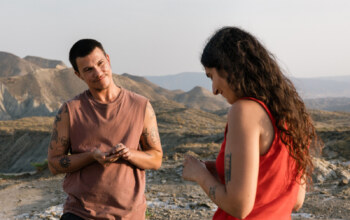
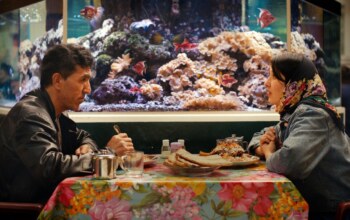

Facebook
Twitter
Instagram
YouTube
RSS